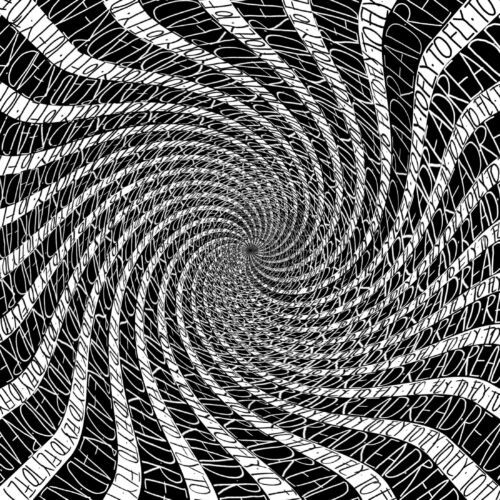Superconductor “Reddmatter” and the enzyme producing electricity from air
Researchers at Monash University in Melbourne have discovered an enzyme that converts air into electricity, potentially opening up access to an almost limitless source of clean energy. A hydrogen-consuming enzyme named “Huc”, derived from a common soil bacterium can generate electricity using the atmosphere as an energy source. The first “natural battery” applications include small air-powered devices – an alternative to solar energy devices.
“Reddmatter”, a material named for its colour, is a superconductor that operates at room temperature and relatively low pressure. Researchers at the University of Rochester created it from lutetium – a rare earth metal – hydrogen and nitrogen. According to the researchers, it is a superconductor capable of transmitting electricity without electrical resistance. This discovery makes it possible to build power grids that transmit energy without resistance and save millions of megawatt hours. “Reddmatter” also represents an opportunity to achieve nuclear fusion – a source of unlimited power – and to build new types of medical and electronic equipment and means of transport.
However, the results of the New York scientists’ experiments are being met with scepticism from the scientific community, partly because of the storm surrounding the team’s earlier publication. The discovery of superconductivity in a compound of carbon, sulphur and hydrogen at 15°C was then described. The “Nature” journal editors retracted that article, citing a loss of confidence due to irregularities in the scientists’ data processing.























